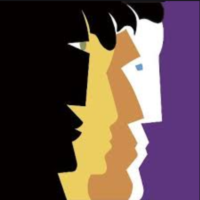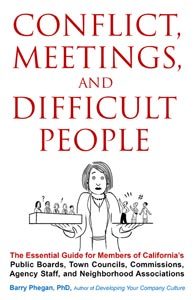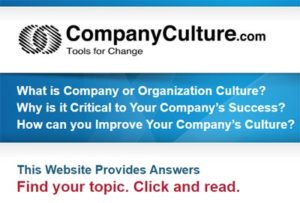 Many of us are doing deep soul searching in the wake of graphic police brutality and the systemic racism that spawned it. It’s the latest step along the way of 100,000 years of man’s brutality against those who are, “Not my tribe.”
Many of us are doing deep soul searching in the wake of graphic police brutality and the systemic racism that spawned it. It’s the latest step along the way of 100,000 years of man’s brutality against those who are, “Not my tribe.”
Tribalism and its close cousins, prejudice, bigotry and brutality, have deep roots in our genes and culture. As we continue brutalizing each other and our planet, nature’s push-back may mean greater physical distancing and expanded on-line relationships. Can we do this and still retain humanness?
In his 12-million-copies-sold book, Sapiens: A Brief History of Humankind, Yuval Noah Harari convincingly asserts that human tribalism is genetic. I was reminded of this recently when a close friend shared some blended-family complications .
My friend’s stepson, his Japanese wife, and their two teenage boys live in Kyoto. All speak fluent Japanese and (American) English. My friend mentioned that he pays private school tuition for his two grandchildren. In an afterthought he asked, “Can you guess why?” I immediately replied, “Yes, they’re half-breeds.” “Exactly. For years they were persecuted in the Kyoto public school.”
My Own Prejudice
In the millisecond the term “half-breeds” moved for my brain to my mouth, I recognized its prejudiced, bigoted roots. Though I guessed my long-term friend would accept it as a relatively mild term, which he did, my hesitancy to say such a politically incorrect phrase got me thinking about my racial bias.
I was raised in Australia when the term ‘half-breed’ meant half Australian aboriginal and half Caucasian. Throughout grade school and university I had never met, or even been close to, an Australian aboriginal. Until moving to the United States I’d led an ignorant white life, unaware of my prejudices, or as Harari would say, my genetic tribalism expressed through my particular culture. Yet I did know prejudice.
In high school I had a friend Josh, a Jewish boy who was occasionally persecuted verbally and physically by some of the alpha males (bullies) in my year. My own small, slight physique probably helped me identifying with Josh, as a few times I too had been teased and bullied. Over the many following years, I’ve remained saddened and angered by his abuse.
That’s how I feel about the Japanese prejudice against anyone partially or fully non-Japanese. It’s how I feel about the way West Bank settlers treat the Palestinians, how American culture treats non-Caucasians, particularly the descendants of slaves, how religions sanction bias and prejudice against non-believers, how the privileged and powerful behave toward others, how men treat women, and how we all treat nonhuman life and our planet.
Managing Our Instincts
Sometimes I think, Homo Sapiens is one lousy experiment. Fortunately, we have long demonstrated our potential to rise above our reptilian brain. But it takes deliberate conscious effort to recognize the all-too-human inhumane side of ourselves and then intentionally strive to do better.
While I believe in the Golden Rule, “We should all behave in a way, that if everybody behaves that way, we’d all be better off,” I’ve long realized that this cuts against the American cultural norm, “We will all be better off if we each do what’s best for ourselves.”
Though I love the United States, and have deliberately chosen to live here, I understand and accept that our culture, like any person, is a mixture of the nice and not so nice. I have great hopes that COVID-19, Black Lives Matter, Defund the Police, and Global Climate Change will grab our attention enough to encourage a turn for the better. But I can’t get over my sense that I’ve seen this many times before in my brief life and read of many similar and much more dramatic events from recorded history.
Surviving Nature’s Attack
We have every reason to predict more and greater assaults, with us hunkering down more protectively, defending ourselves from nature’s push-back. We think that as humans we are big and important, and we are — to us. But to our planet and its tens of trillions of inhabitants (largely microscopic) we are an irritant and a feeding opportunity.
Where do I fit in? With shelter-in-place, my primary school volunteering is moving online. It’s too early to say what that means, but I’m asking how we might retain love, care, intimacy and humanness in this seemingly, inevitably, more-on-line future? Is this contradictory?
Try picturing our more on-line future as not dystopian but rather the natural evolutionary path of a creature whose brain’s growth, imagination, and creativity came faster than nature’s capacity to integrate us into the planet’s ecology. We stand isolated and vulnerable, the only tribe without a seat at nature’s table.
But if online is where we are headed, in the best American cultural tradition, it’s time to stop complaining, roll up our sleeves, and get on with the job.
Please give me your thoughts on this blog. I do like to hear from you. Thank you.
me, Barry Phegan




